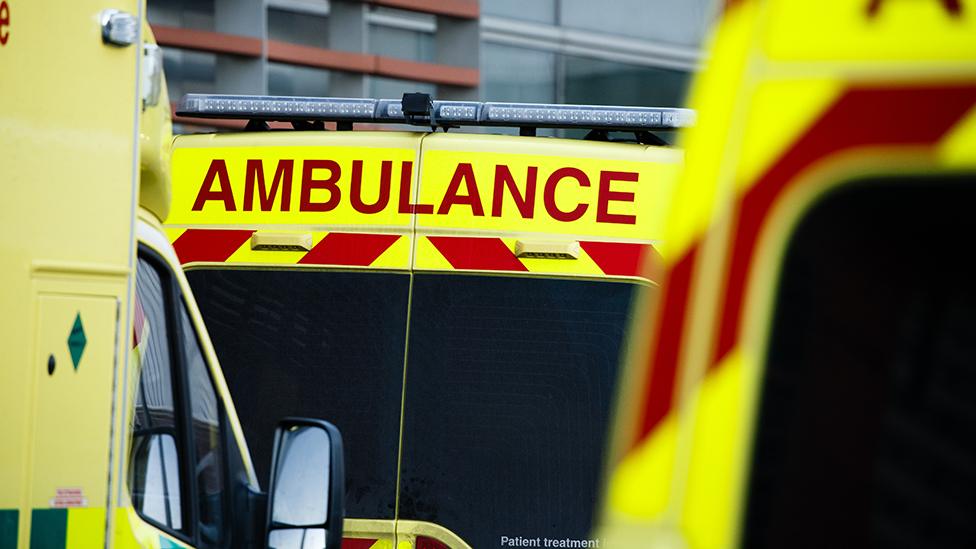Police taking over five hours to respond to priority calls in England
- Published
- comments
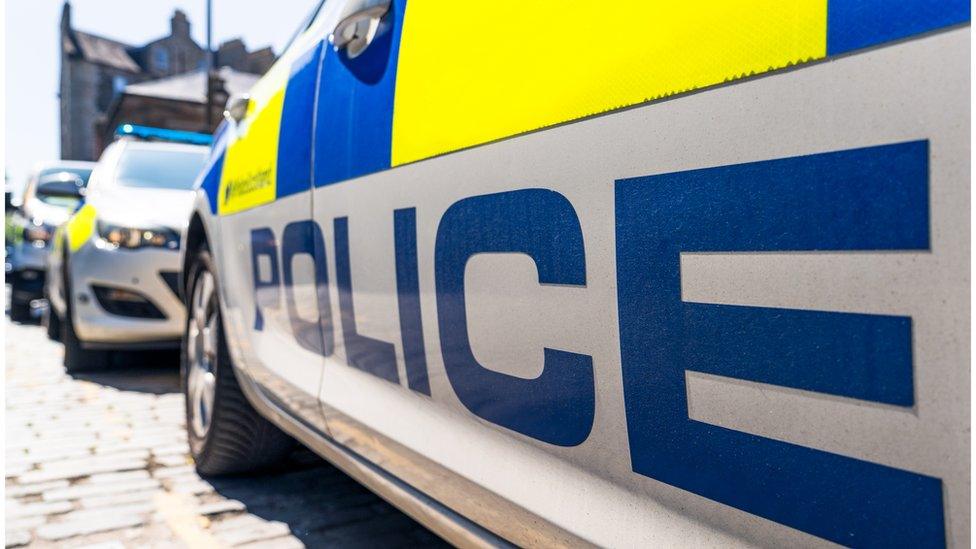
Police forces in England are taking on average five and a half hours to respond to priority calls, new figures show.
Most police forces aim to respond to priority calls - incidents where there is a degree of urgency but no immediate risk to life - in one hour.
However, in Gloucestershire, police took on average 18.5 hours to respond to such calls.
The numbers were obtained through Freedom of Information (FOI) requests submitted by the Liberal Democrats.
The party contacted the 45 police forces covering the UK, although only 19 forces, all in England, responded.
Police forces in Lancashire, Northamptonshire and Wiltshire had the fastest times - all responding to priority calls in under an hour.
The way police forces define emergency and priority calls vary slightly among different police forces but, emergency calls usually include those where there is an immediate threat to life or risk of serious injury.
Priority calls cover incidents where there is a threat or risk of harm to someone's safety or cases where evidence could be lost unless police attend the scene.
Of those who supplied figures, Avon and Somerset police took the longest to respond to emergency calls, at 26 minutes.
On average, police forces responded to emergency calls in 16.5 minutes.
According to the figures, the time taken to respond to priority calls has risen by 64% since 2019, while response times for emergency calls have risen by 9% from 15.1 minutes to 16.5.
Gloucestershire Police said: "Both the chief constable and the police and crime commissioner recognise that our response times have not been good enough in the last few years.
"A comprehensive action plan to improve our service to the public in this area has been put in place and a number of measures have already been taken to address the issues."
It added that in March, officers had on average responded to priority incidents in roughly 2.8 hours.
Avon and Somerset police has been contacted for a comment.
The numbers were released on the day the government announced it had reached its target to recruit 20,000 more police officers in England and Wales.
Home Secretary Suella Braverman said the increase would mean "more police on the beat preventing violence, solving burglaries and cracking down on antisocial behaviour".
However, Liberal Democrat Home Affairs Spokesperson Alistair Carmichael MP said: "Suella Braverman's boasts will ring hollow for communities that have seen community policing decimated under this government.
"Crime victims are waiting hours for police to turn up while the vast majority of burglaries go unsolved.
"The Conservatives have taken thousands of community support officers off the streets and bogged down local forces in unnecessary tasks."
Labour's shadow home secretary Yvette Cooper said "The Conservatives are taking the country for fools. They cut 20,000 police officers from our streets.
"Now they expect the public to be grateful for a Police Replacement Programme that still leaves 6,000 fewer police out on the beat and 9,000 fewer officers in real terms compared to the last Labour government as the population has grown."
Labour has promised it would recruit 13,000 more neighbourhood police, if it wins the next election.
Related topics
- Published6 March 2019
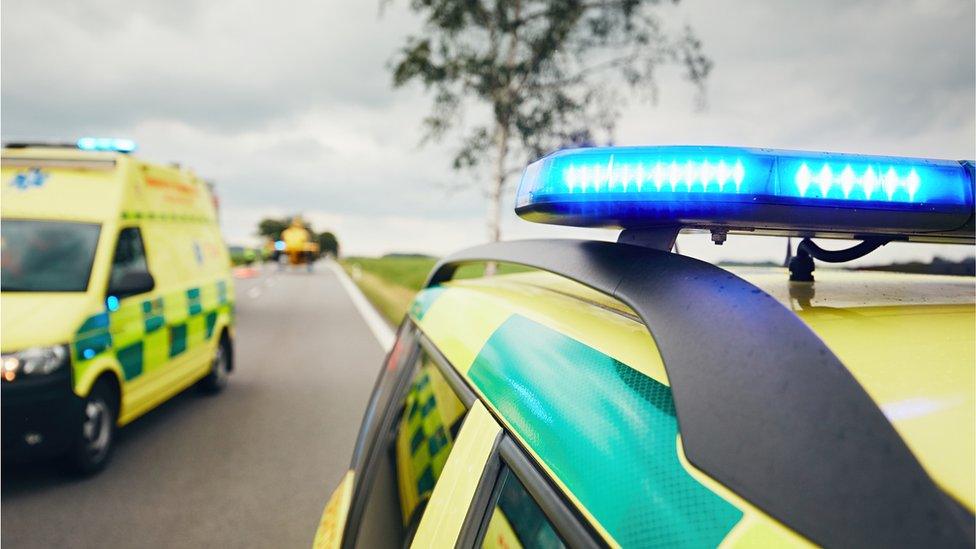
- Published26 April 2023
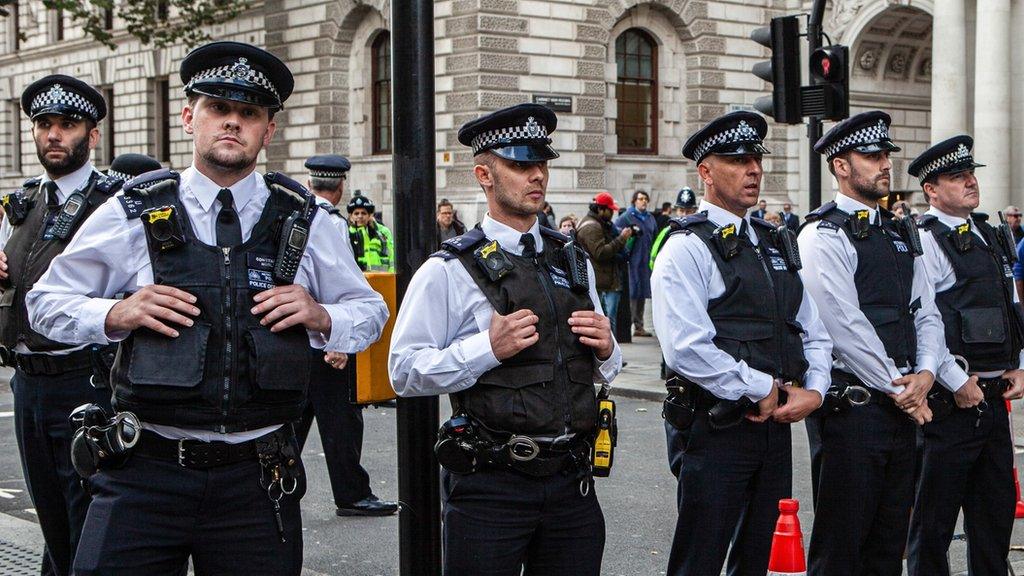
- Published31 August 2023
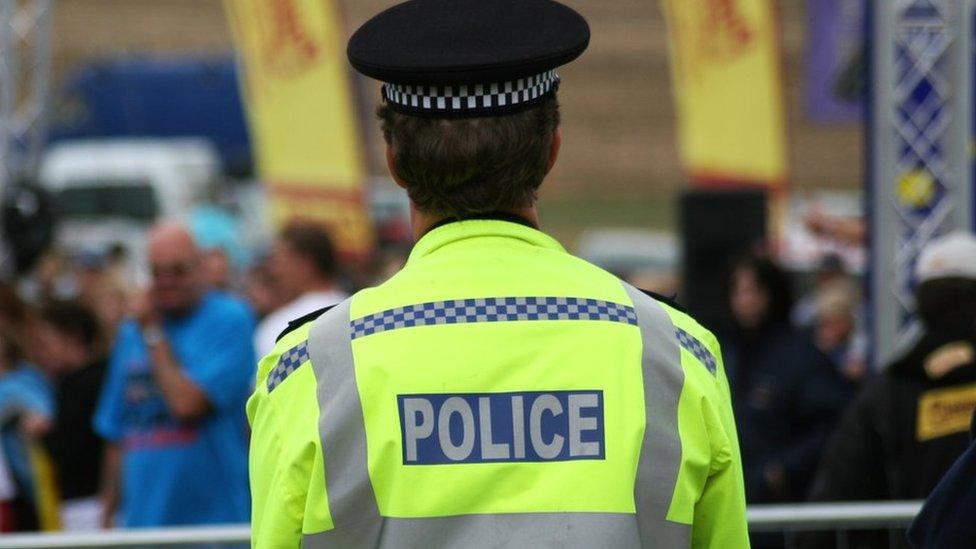
- Published19 November 2022
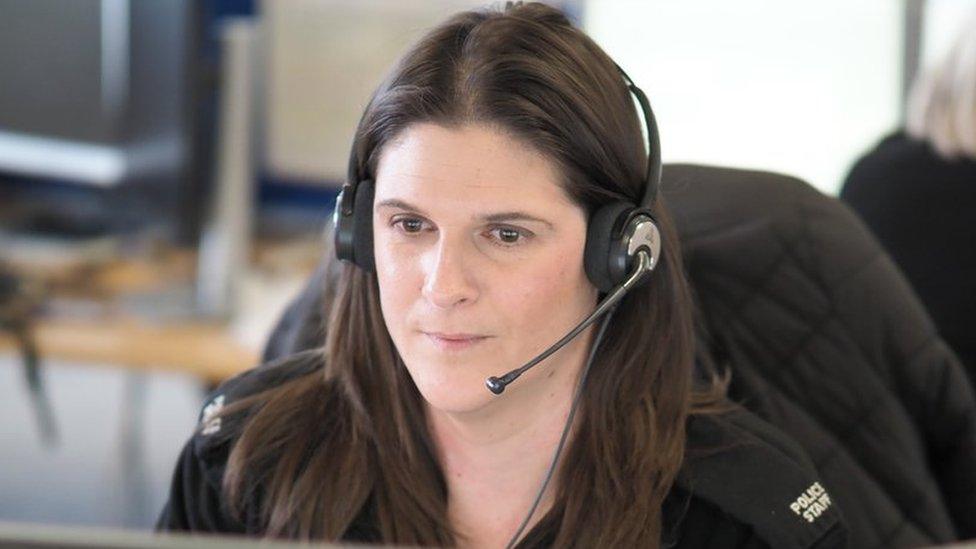
- Published12 January 2023
